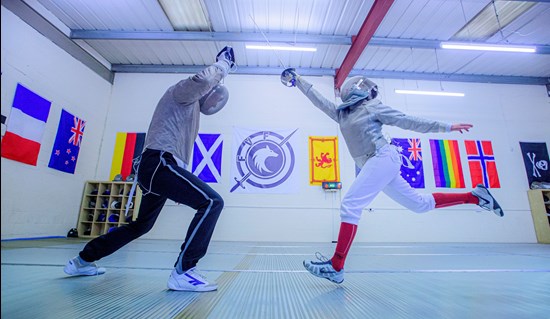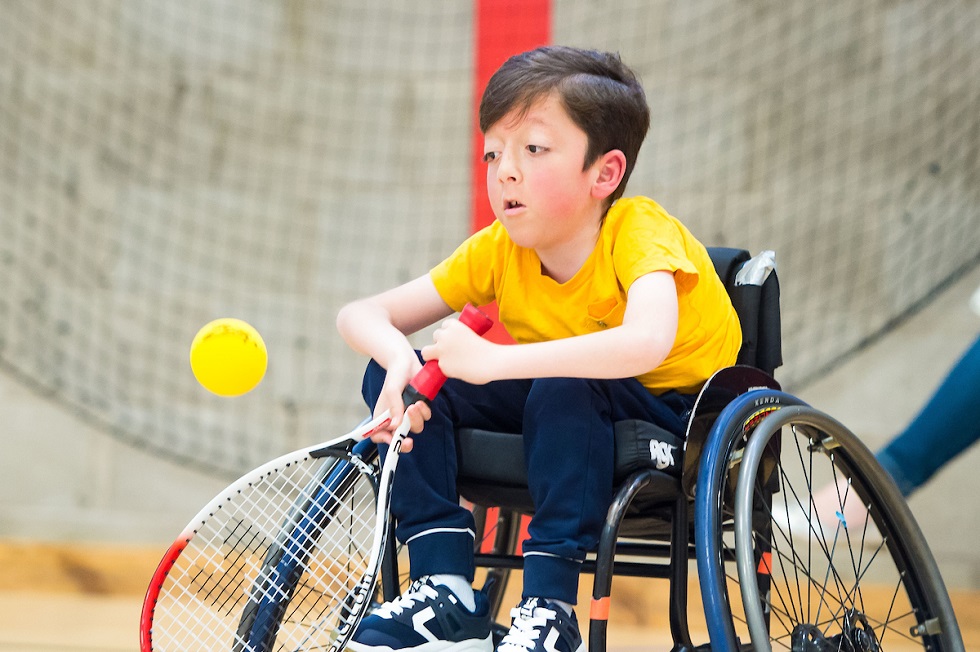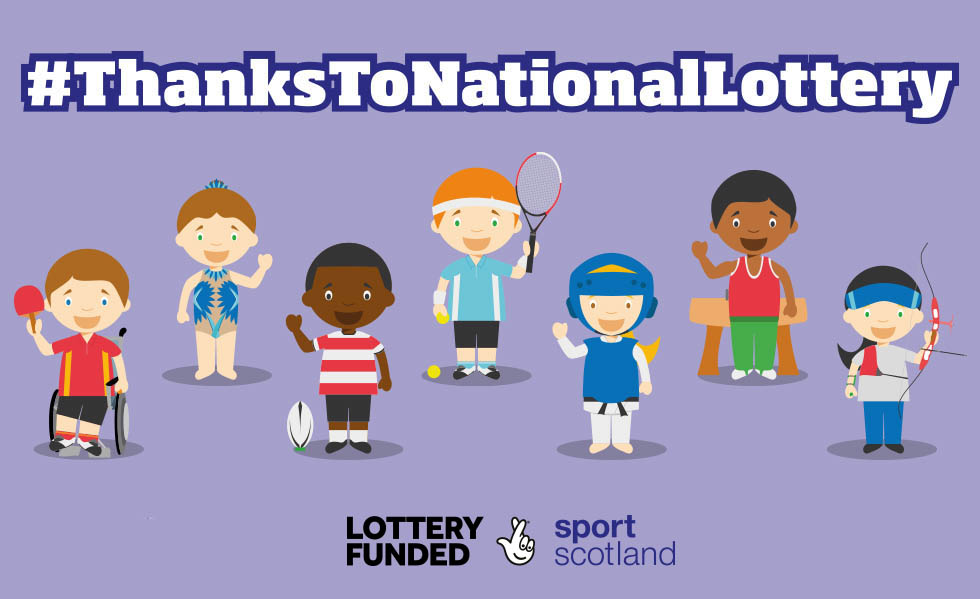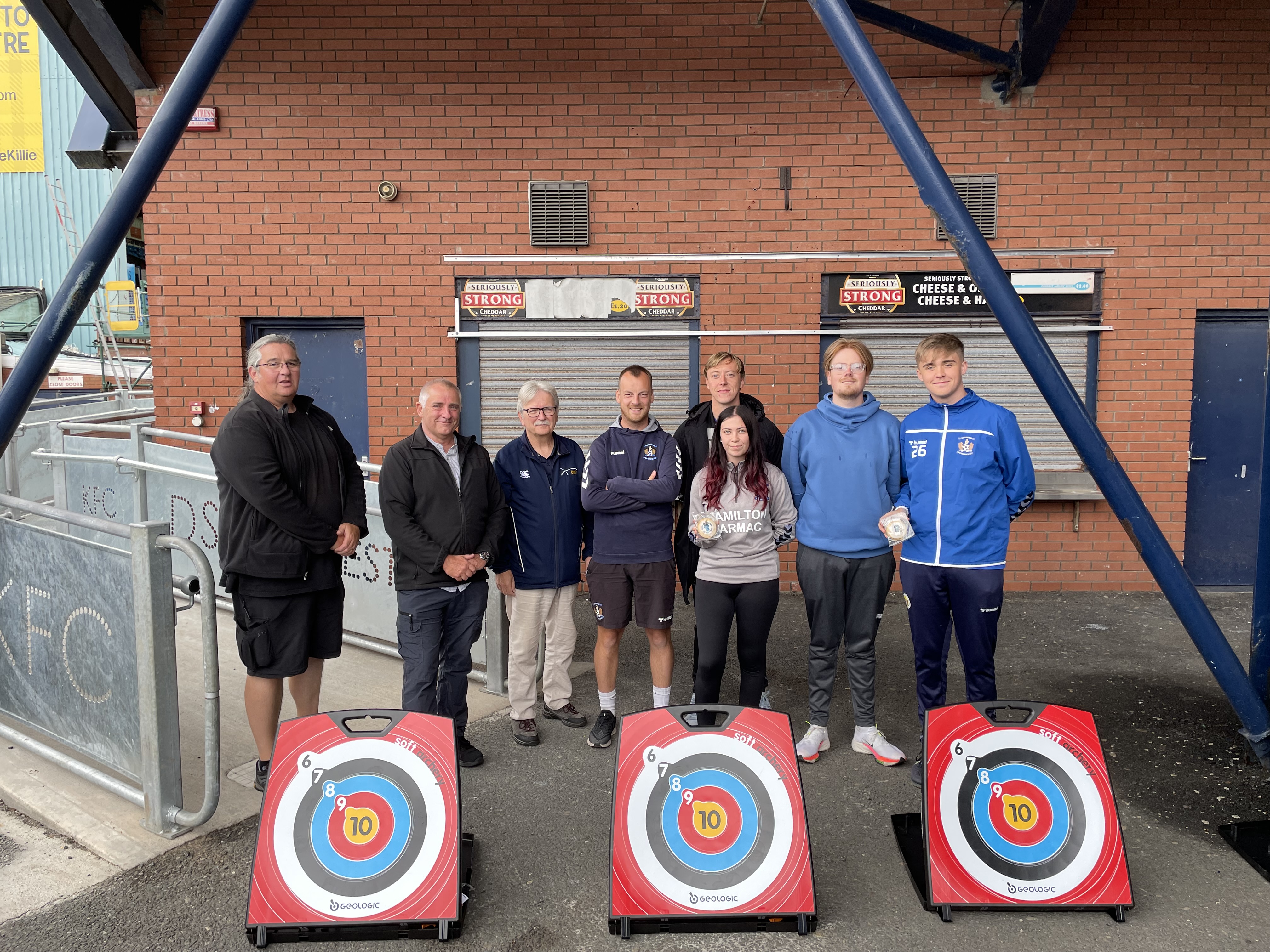Volunteers are the heroes of many sports. Simply put, many sports could not continue to happen without volunteers. These volunteers support, help build and push the boundaries of sport in Scotland. Fencing remains, for now, a minority sport in Scotland – and are no strangers to the importance of volunteers within the sport.
Volunteers in fencing
Referees are on the front line when it comes to fencing, playing a prominent role in the match as it unfolds. Clare Queen, Chief Operating Officer at Scottish Fencing, explains: “We recognise that volunteers are essential to the development of the sport at all levels. Volunteers are required in every area, to support club activity, events, officials, and coaching.”
“In the majority of cases, and especially where youth competitions are concerned, competition organisers seldom have sufficient funds to reimburse officials. They rely on volunteer refs to make competitions function – after all, fencing cannot start without a referee saying “Fence!””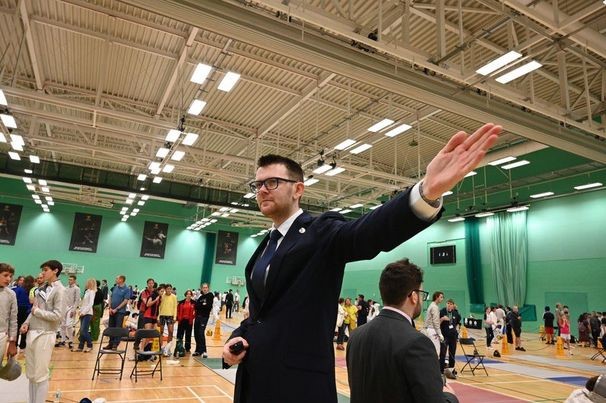
As a Governing Body, Scottish Fencing hope to always be there to support and develop volunteer officials where possible;
“Unlike many other roles within a competition, referees are at the coal-face; engaging with athletes, making decisions, dealing with concerns or queries, and generally facilitating fencers’ experiences. This can be a challenging coal-face, and requires officials who are enthusiastic about the sport, and keen to give back. “
“Thankfully, in Scottish Fencing, there are these people, who devote time, energy and attention to both the fencers and their own development. In this regard, the need for reimbursement in many cases is diminished – people give their time willingly, and kindly. What is undiminished, however, is the essential need, and unyielding cry, for such people to continue to volunteer, give back, and have a positive effect on others.”
Fencing Referee Advisory Group
In 2018, there was a national rejuvenation of officiating pathways and qualifications between Home Nations in fencing. The Fencing Ref Advisory Group was formed to liaise with and provide guidance and assessment support to Scottish Fencing.
Sam McLellan, an experienced fencing referee, commented:
“The group consists of qualified referees across all 3 weapons (Sabre, Foil and Epee); from internationally licensed officials to national and regional-level referees. All have varied experiences as athletes and officials, which combined with the differing working levels of colleagues means the governing body receives a broad perspective on officiating and the function of refereeing fencing in Scotland.”
The group holds responsibilities for the conception, development and implementation of referee training, development, and assessments within Scottish Fencing. Sam highlighted:
“We function in an advisory capacity, from which the best practice from referee development within the national and international Fencing community, as well as other sports, is drawn and collated to seek to better officiating at all levels through bespoke development pathways within a formalised refereeing curriculum; continuous and constructive assessment; networking with coaches, athletes and partners; and the provision of high-quality, regular officiating opportunities.”
Importance of referees in fencing
Fencing is a sport of convention, meaning one of the players has priority over the other – something which constantly shifts.
“Referees need to follow the priority, and decide which fencer is the attacker. At speed, with competitive intensity, this requires fast-thinking and a ‘feeling’ of fencing” Sam commented.
“In addition, there is a pastoral side to refereeing. Emotions, naturally, run high; and tempers can fray. The response to this has to be carefully delivered, respect and empathy are extremely important, but not enough to allow fencers to push the boundaries of acceptability. This is a fascinating, dynamic process, and one which officials continue to develop throughout their work.”
One other feature of the Referee Advisory Group is that they act as voluntary mentors for developing referees in Scotland. When someone completes a referee qualification, they can access support and guidance from the mentors to support their development. The mentors can pass on their experience and try to ensure the developing referee has a positive experience as they begin their journey.
Get involved in fencing
The first step would be to find your local club, visit the Scottish Fencing website or email admin@scottish-fencing.com and the Scottish Fencing team will be able to help. Many clubs run beginner’s sessions and are always looking to welcome new people into their club.

